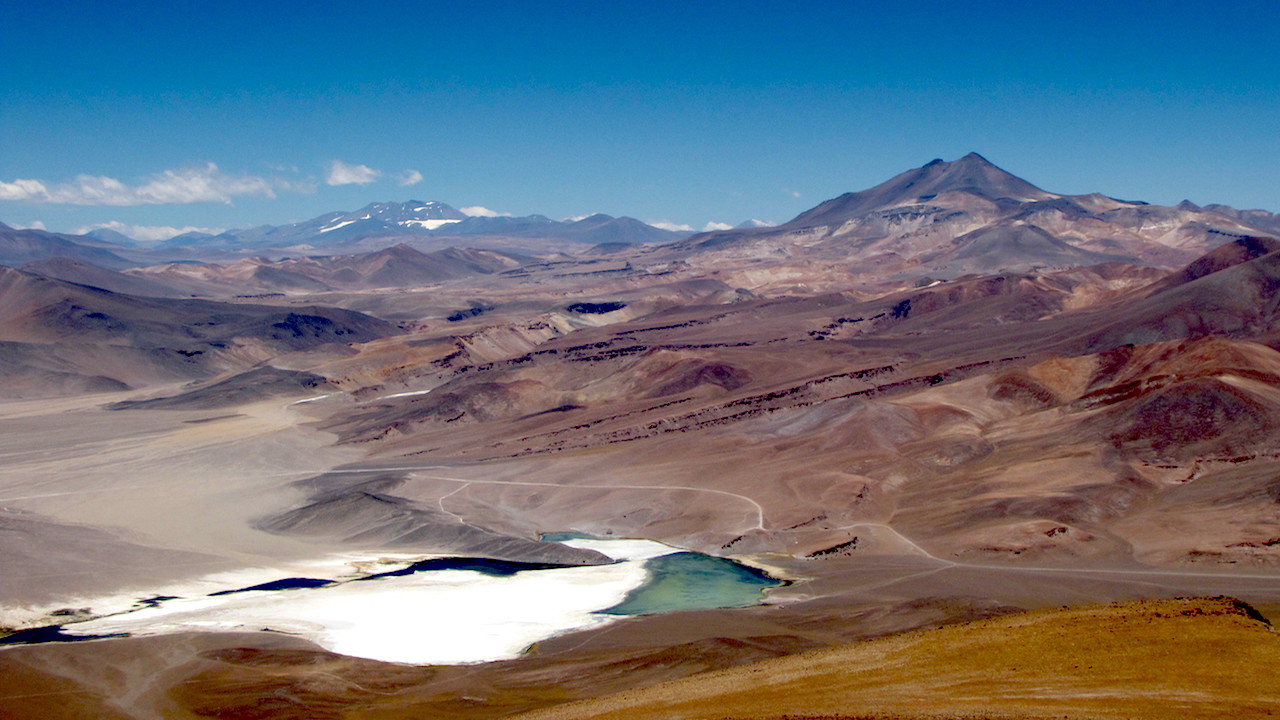Mongolia-based miners in limbo after premier ousted
Foreign investment in Mongolia, which is dependent on copper, coal and gold exports, has dropped sharply this year as the country has been unable to agree with global miner Rio Tinto (LON:RIO) on the terms of investment in the $5bn next phase of the Oyu Tolgoi mine.
The situation may change soon, tough no one is sure whether it will be for the better. This as the country’s parliament, the Grand Hural, voted Wednesday to remove Prime Minister Norov Altankhuyag. The decison came only a week after they had approved a key railway expected to lift coal exports, another potential boost to Mongolia’s mining sector.
Out of 66 members of parliament who voted, 34 were in favour of giving Altankhuyag the boot. Ten members of parliament, including eight members of his own coalition government, did not show up.
It will now be up to the coalition government to select a new candidate, who will have to be approved by the president and confirmed by parliament.
“What happens next is critical,” Sam Spring, president of Vancouver-based Kincora Copper (CVE:KCC) told Bloomberg. He added that “considerable uncertainty” would remain until the cabinet is re-established.
Challenging times ahead
Altankhuyag successor will not have an easy job. For years local politicians and governments have committed to spending based on expectations of revenues from Oyu Tolgoi, in which the state holds a 34% stake.
The ousted leader had been expected to sign a memorandum of understanding before bankers release US$4 billion in financing to help pay for the expansion of Oyu Tolgoi.
Analysts estimate that output from the second, underground phase of the mine is now unlikely before 2020.
Another issue the new prime minister will face is budget — parliament rejected a budget proposal for the second time last month amid criticism of exorbitant spending.
Mongolia has had a strong economy in recent years, gaining 17.5% growth in 2011. But that figure has since slid to the current 6.3%, with foreign investment dropping by 59% this year alone and the prices of its main mineral exports —gold, copper and coal— keep falling.
Image from WikiMedia Commons.
{{ commodity.name }}
{{ post.title }}
{{ post.date }}





4 Comments
Anna
Cecilia,what is that you wanted to write in the second para ?
Brian R. McCaughrin
Money, Greed, Money, Greed, Money, I say throw everyone out and start over, HANG Premier….That will sent a strong sign this is not going to happen in the future!
Dude
It was 36 out of 66 members
Ivan Fed
Money talks,Bullscheise walks! We now know ,who is walking!